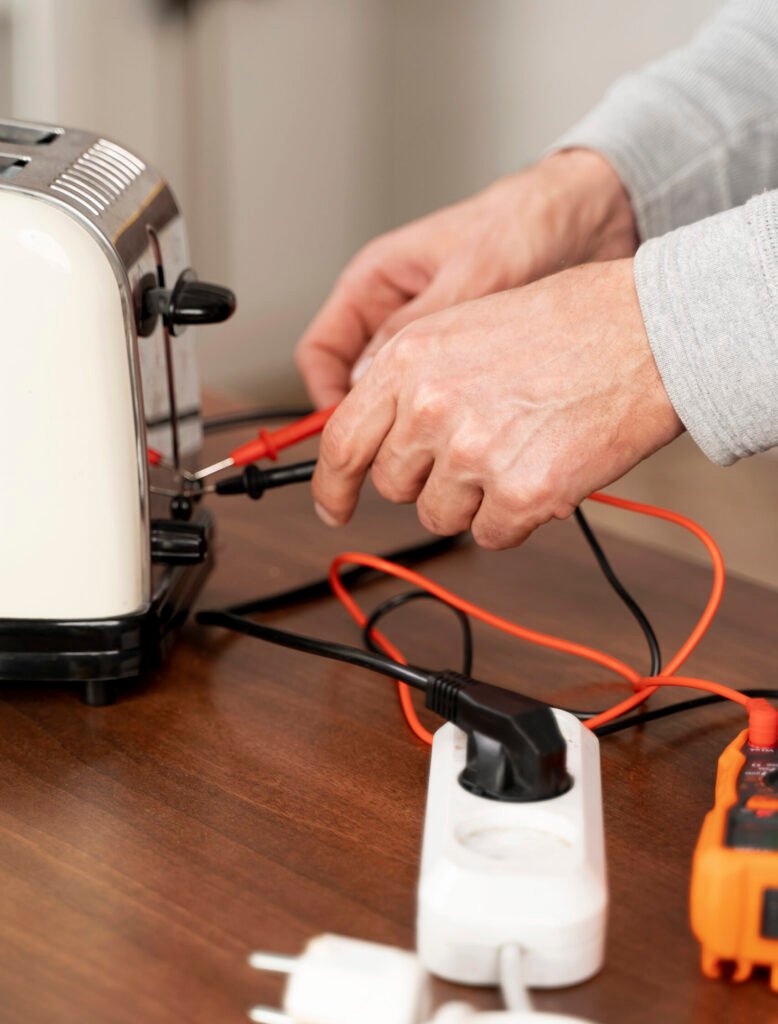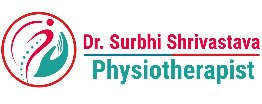
Transcutaneous Electrical Nerve Stimulation (TENS) is a non-invasive therapeutic technique that involves the use of low-voltage electrical currents to alleviate pain and promote pain management. The primary objective of TENS is to modulate and control pain signals by delivering electrical impulses through electrodes placed on the skin’s surface, targeting specific nerve pathways. These electrodes are strategically positioned over or near the painful area, creating a tingling or buzzing sensation. The electrical stimulation is thought to disrupt the transmission of pain signals to the brain, thereby reducing the perception of pain.
TENS is commonly employed for various types of acute and chronic pain conditions, such as musculoskeletal pain, arthritis, and neuropathic pain. While the exact mechanisms behind its effectiveness are not fully understood, TENS is considered a safe and convenient adjunctive therapy, often used in conjunction with other pain management approaches to enhance overall patient well-being. It is crucial for individuals to consult with healthcare professionals to determine the appropriate settings and application of TENS for their specific conditions.
Benifit of Transcutaneous electrical nerve stimulation (TENS)
 Transcutaneous Electrical Nerve Stimulation (TENS) offers several benefits in the realm of pain management and rehabilitation. One of its primary advantages is its non-invasiveness, providing a drug-free and relatively low-risk option for individuals seeking pain relief. TENS works by stimulating sensory nerves, leading to the release of endorphins, the body’s natural painkillers, which can help alleviate discomfort and improve mood. Additionally, TENS is known to modulate pain signals, interrupting their transmission to the brain and thereby reducing the perception of pain. This method is particularly beneficial for various conditions, including musculoskeletal pain, arthritis, and neuropathic pain.
Transcutaneous Electrical Nerve Stimulation (TENS) offers several benefits in the realm of pain management and rehabilitation. One of its primary advantages is its non-invasiveness, providing a drug-free and relatively low-risk option for individuals seeking pain relief. TENS works by stimulating sensory nerves, leading to the release of endorphins, the body’s natural painkillers, which can help alleviate discomfort and improve mood. Additionally, TENS is known to modulate pain signals, interrupting their transmission to the brain and thereby reducing the perception of pain. This method is particularly beneficial for various conditions, including musculoskeletal pain, arthritis, and neuropathic pain.
TENS is also praised for its versatility, allowing users to control the intensity and frequency of the electrical impulses to suit their comfort levels and specific needs. Its portability and ease of use make TENS a convenient option for at-home pain management, empowering individuals to actively participate in their treatment. Moreover, TENS can be employed as an adjunctive therapy alongside other interventions, contributing to a comprehensive approach to pain relief. However, it’s crucial for individuals to consult with healthcare professionals to ensure proper usage and integration into their overall treatment plan.
Transcutaneous electrical nerve stimulation (TENS) F&Q's
Transcutaneous Electrical Nerve Stimulation (TENS) is a non-invasive therapeutic technique that uses low-voltage electrical currents to alleviate pain and promote pain management. It involves placing electrodes on the skin’s surface to deliver controlled electrical impulses, disrupting pain signals and reducing the perception of pain.
TENS works by stimulating sensory nerves through the delivery of electrical impulses. This stimulation prompts the release of endorphins, the body’s natural painkillers, helping to alleviate discomfort. Additionally, TENS is believed to modulate pain signals, interrupting their transmission to the brain and providing relief for various types of pain conditions.
TENS is commonly used for a range of conditions, including musculoskeletal pain, arthritis, and neuropathic pain. It is versatile and can be applied to different areas of the body, making it a valuable tool for pain management in various medical contexts.
Yes, TENS is generally considered safe when used as directed. It is a non-invasive and drug-free approach to pain management, and the risk of adverse effects is minimal. However, individuals should consult with healthcare professionals to ensure proper usage, especially if they have certain medical conditions or are pregnant.
Yes, TENS units are often designed for home use. They are portable and user-friendly, allowing individuals to apply the therapy independently. However, it is essential to receive guidance from healthcare professionals on proper electrode placement, intensity settings, and overall usage to maximize its effectiveness.
TENS can be an integral part of a comprehensive pain management plan. It is frequently used as an adjunctive therapy alongside other interventions such as medication, physical therapy, and lifestyle modifications. Integrating TENS into a holistic approach allows for a more tailored and effective strategy for addressing pain and improving overall well-being.
